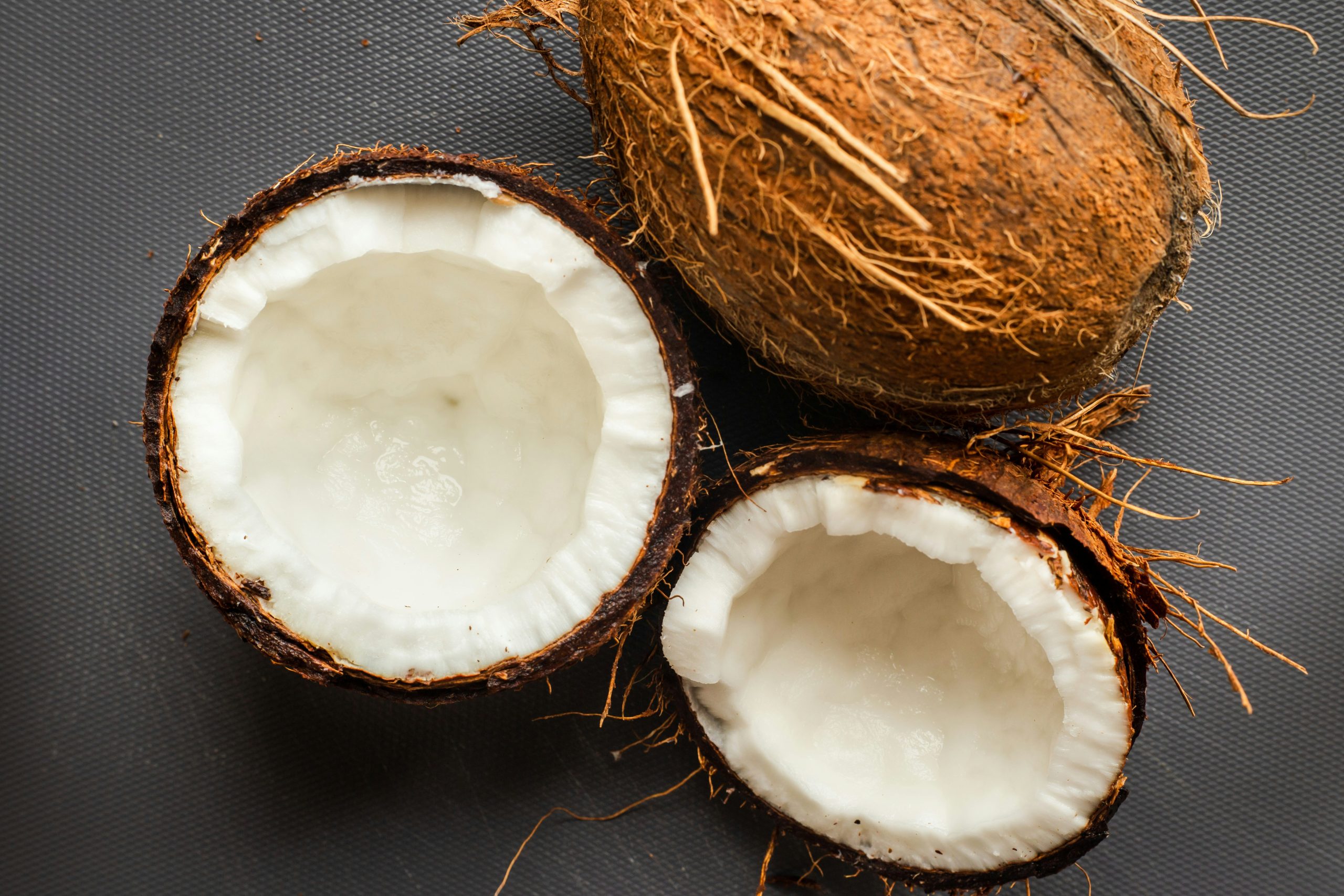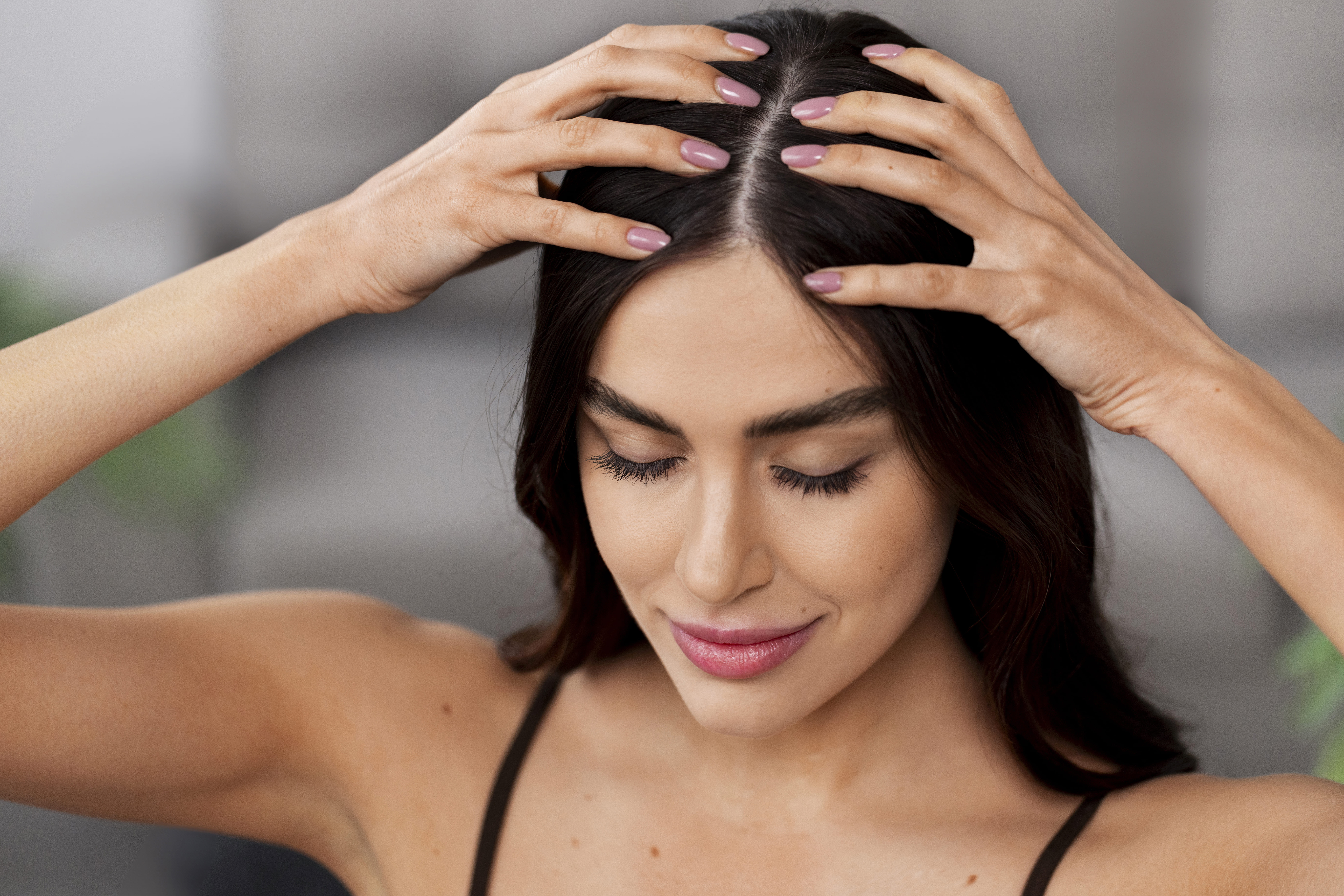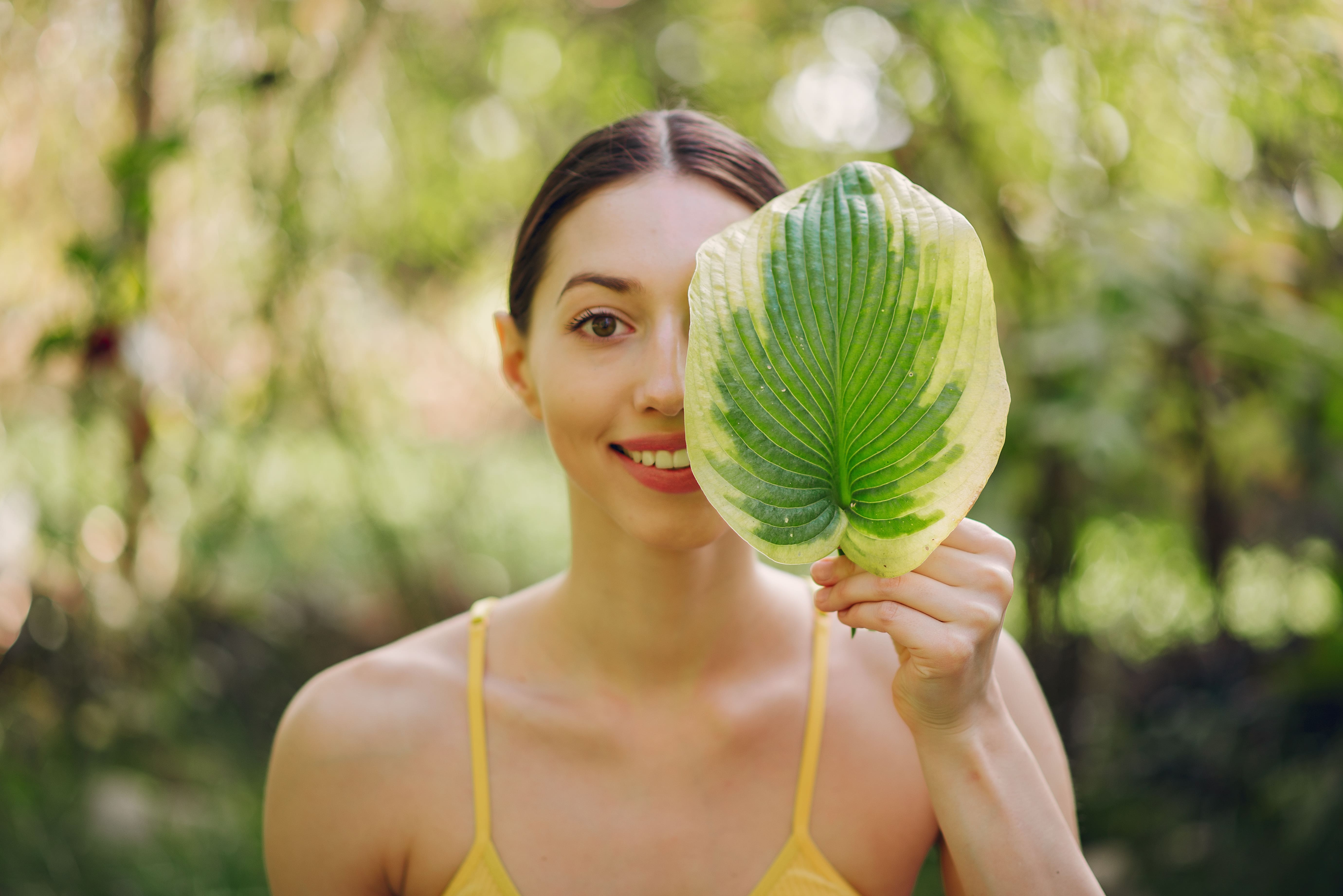What Does “Halal” Mean?
“Halal” refers to anything that abides by Islamic law. Its opposite, “haram,” refers to anything prohibited by Islam’s Shariah law. Halal is often used to describe food products that are permissible to eat in accordance with the law. However, halal can also extend beyond food. It’s used as a moral guide in many other aspects of life, from the products that one purchases to the way one earns a living. As such, even the makeup that Muslim consumers use should adhere to halal standards.
What Makes a Beauty Product Halal?
A cosmetic product can be deemed halal if it checks off on the following items:
- It does not contain any ingredients that are made from animals or animal byproducts that are considered by Shariah law to be haram, including pigs, predatory animals, blood, carrion, and insects.
- If an animal must be killed to extract an ingredient, the halal method of slaughter should be followed.
- The product is free from alcohol, which is haram, and genetically modified organisms or GMOs, since Islamic law considers them to be unclean or najis.
- All ingredients used in the product are fully traceable. It’s best to communicate directly with a reputable ingredient supplier to ensure that product components are halal-certified and inspected thoroughly.
- The product has undergone the official halal certification process. This acts as a form of quality assurance since many Muslim consumers will rely on an official seal to confirm that your cosmetics adhere to their laws and practices.
Plant-based natural ingredients like coconut are halal, making them perfectly safe to use in the cosmetics products you sell to Muslim customers.
Why is Halal a Growing Trend?
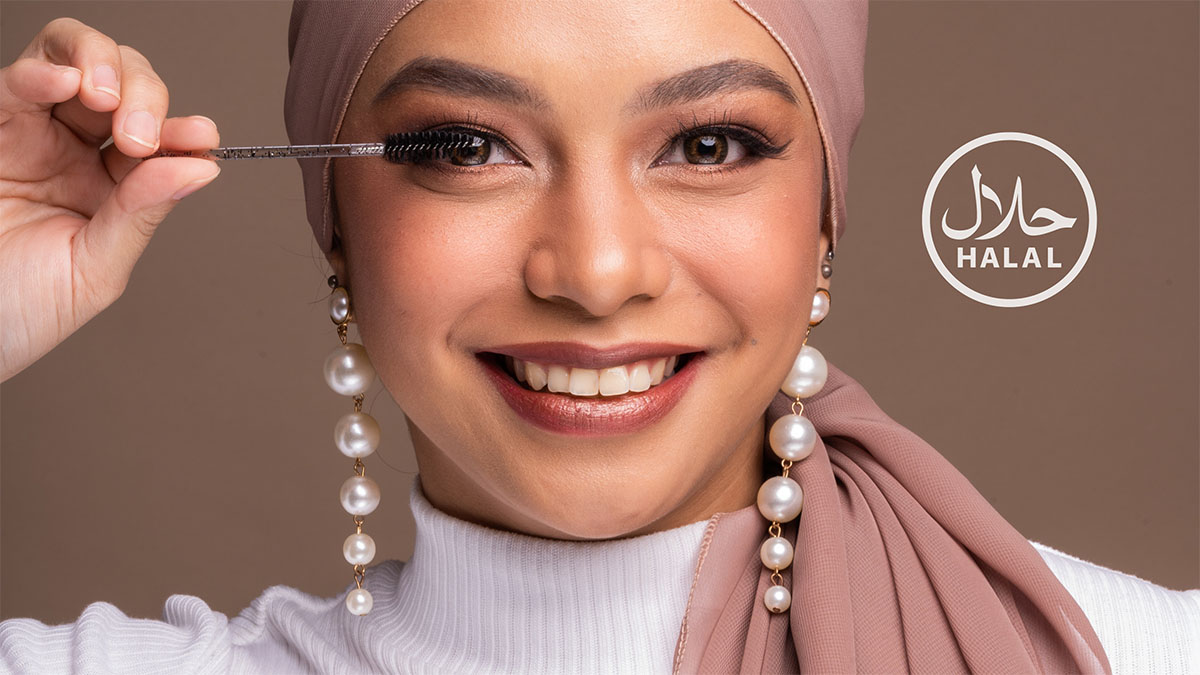
The Muslim market has strong purchasing power in the cosmetics industry, and the halal beauty industry was valued at USD 29.13 billion dollars in 2020. It is expected to reach an estimated value of 80 billion dollars at the beginning of 2028.
You can do a lot to expand your customer base by including halal cosmetics in your brand’s roster. After all, halal beauty products not only cater to the Muslim demographic, but also consumers who are looking for clean, high-quality, and ethically sourced cosmetics. More importantly, offering halal products will allow you to promote better inclusivity within the beauty industry—something that’s both good for business and the community as a whole.
What Should You Do to Launch Halal Beauty Products of Your Own?
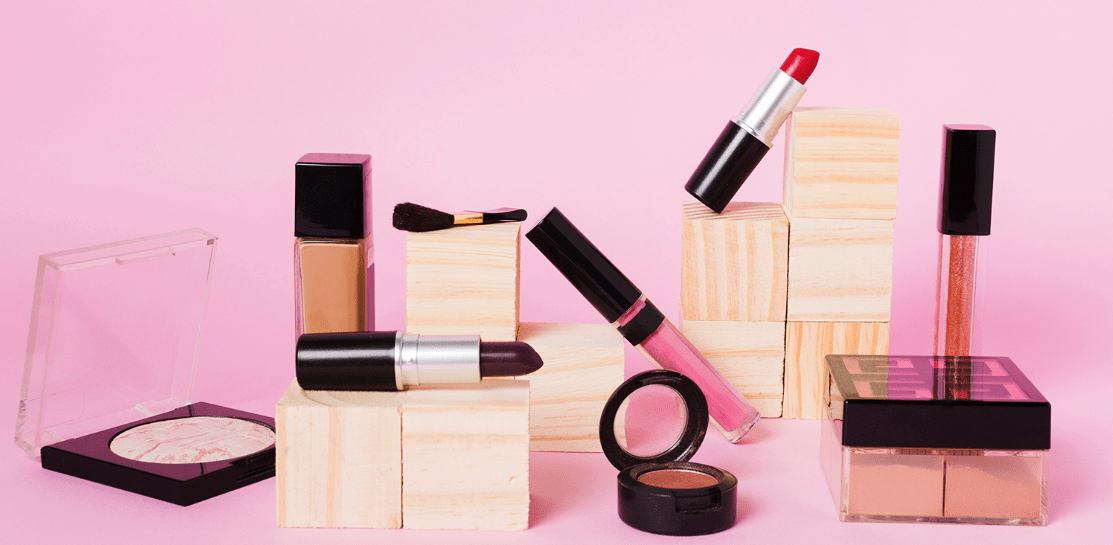
Apart from sourcing halal ingredients, you should do the following to launch your own halal line of beauty products:
- Use packaging and labels that also adhere to halal standards.
- Keep comprehensive documentation of your production methods to ensure that they’re traceable.
- Separate halal products from non-halal products during storage and distribution to avoid the former becoming najis due to cross-contamination.
Natura Aeropack has a solid track record for manufacturing beauty product ingredients that meet halal standards. Work with us today!
